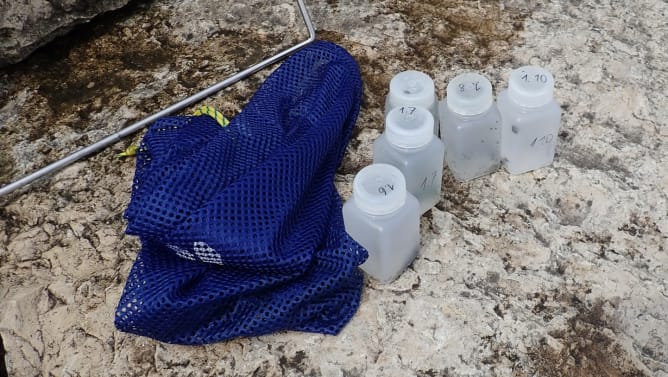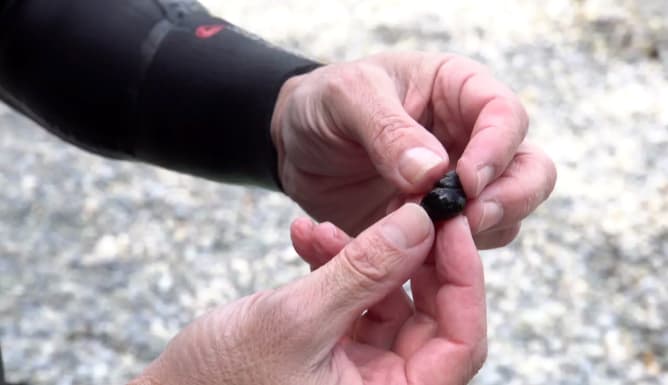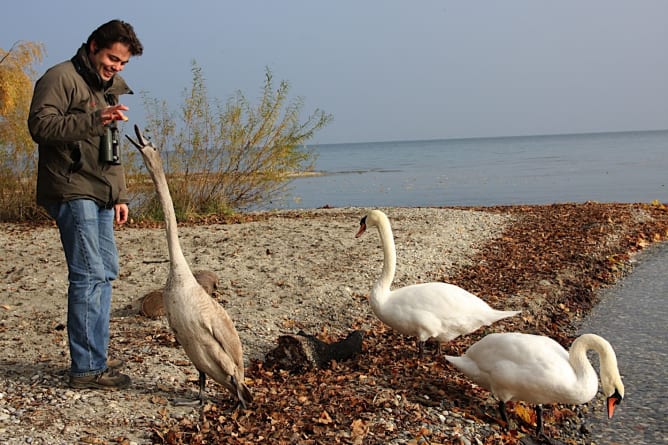A better scientific understanding of duck fleas and better protection for bathers
Duck fleas! A real trial for people in Geneva, Neuchatel, Vaud ….. and for pretty much all those who enjoy leisure activities in lakes.
Duck fleas are in fact the larvae of a parasitic trematode worm of the genus Trichobilharzia. The larvae use aquatic birds as their definitive host, and freshwater snails as intermediate hosts. When a larva swims in search of an aquatic bird it sometimes meets a human and confuses human skin chemicals with those of a bird. The larva’s attempts to infect the skin results in a very disagreeable allergic reaction: bather’s dermatitis and its intense itchiness.
A team of scientists from the Natural History Museum of Geneva plans to undertake a triple challenge: improve understanding of the biodiversity of parasites in Lake Geneva; develop a pilot information and alarm system for bathers, in particular a molecular probe to quantify the presence of duck fleas in the lake; communicate with the local population throughout the project.
Hidden biodiversity: for and with the population
How can we protect people from repeated duck flea assaults while conserving the fauna and the ecosystem? In some regions, radical and partly successful measures have been taken such as cutting waterweeds, eradicating snails and even killing waterbirds! This is not recommended for Lake Geneva, nor for any other lake with significant biodiversity. We have to bear in mind that Lake Geneva is a site of world importance for birds.
«Better knowledge for better protection of animals and humans». This could be the motto for the Beach Alert! project. A non-invasive solution such as a warning system, would be a global scientific first with considerable export potential. Above all, it would be a service to the population which would be much appreciated.
It is also important to raise the awareness of populations living near lakes about the complexity and specificities of local biodiversity in all its forms, including that of parasites.
In order to disseminate these messages effectively, the project will be part of a very wide programme of cooperation with the population. From 9 June, an exhibition called «Beach Alert!» invites visitors to plunge into the world of duck fleas and meet the scientists who study them. A serious game, a video game and representation of the lake bed are all methods that help to share knowledge about these exasperating parasites which are nevertheless so necessary for the biodiversity of the lake.
A determinant first stage
It’s not every day that scientists look for funding to go to the beach! That is, however, what we are proposing. The support we are looking for, through crowdfunding, will allow us to do a first series of dives to collect snails. At the same time, we will start the morphological and molecular study of the parasites, including duck fleas, present in different species of snail. If we raise more than our target amount, we will be able to sample more beaches from 2018, and also in 2019.
















